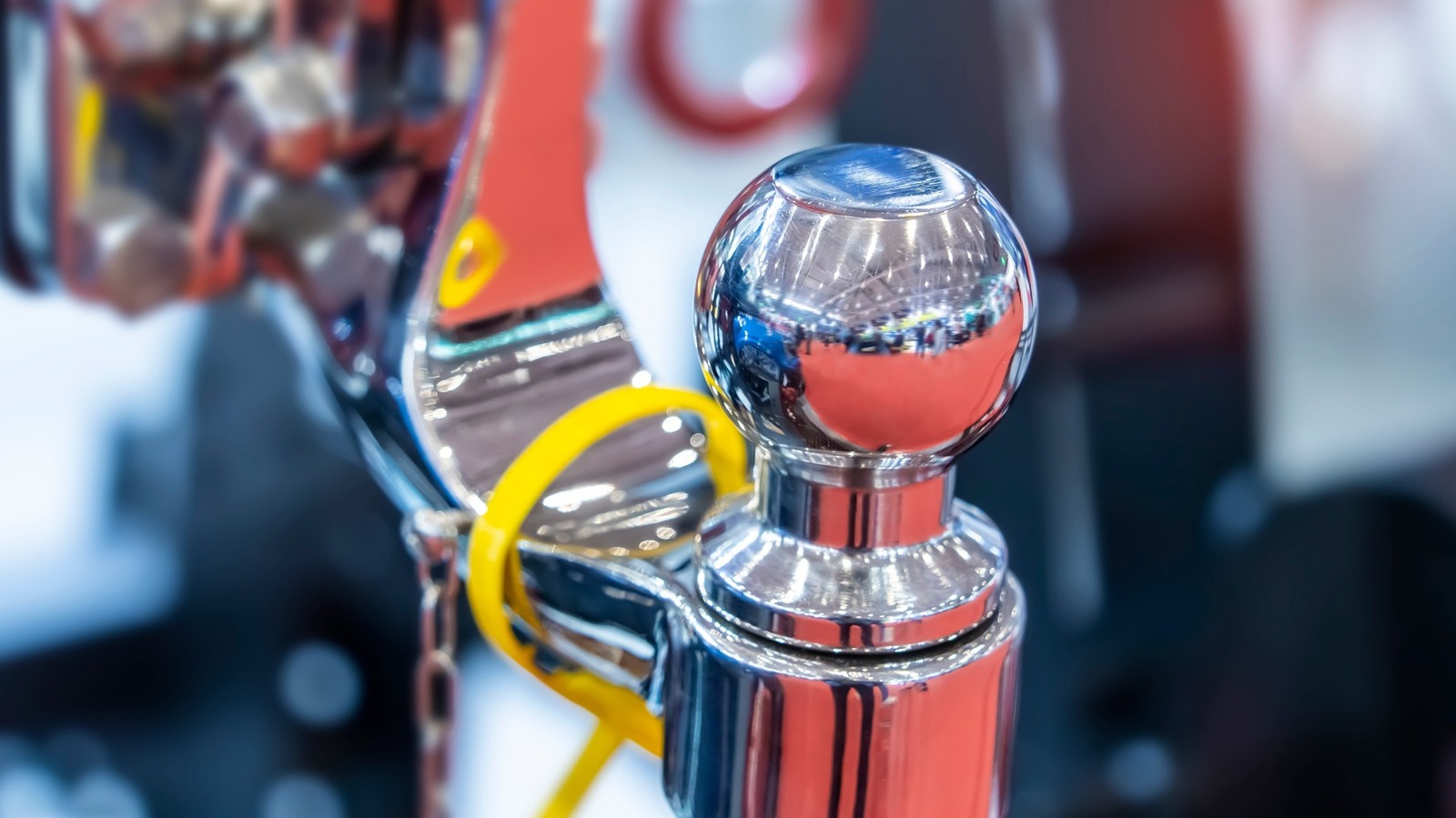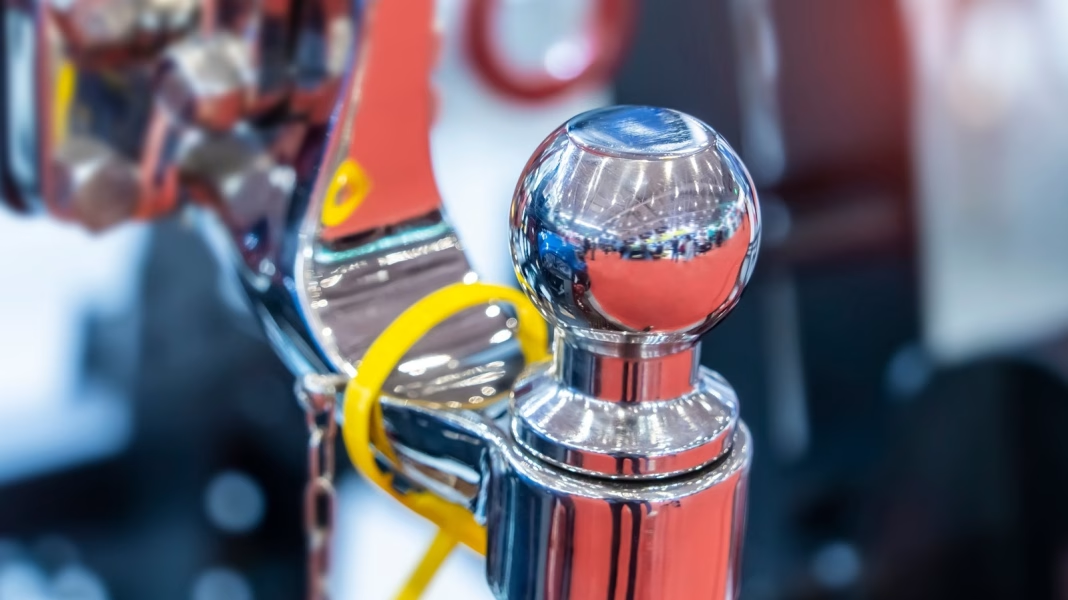Should You Grease Your Trailer Hitch Ball or Leave It Dry?
If you’ve ever towed a trailer, you know the importance of keeping every part in top shape—especially the hitch ball. But here’s the million-dollar question: should you actually grease that shiny little sphere, or is it better to leave it dry? Let’s dig into what really works, what the experts say, and how to make the best call for your setup.
Why Do People Grease Their Trailer Hitch Balls?
The main reason folks reach for the grease is simple: friction. Every time you tow, the coupler slides and pivots on the hitch ball. Without any lubrication, metal grinds on metal. Over time, that can lead to wear, corrosion, and even those annoying squeaks that make you wonder if something’s about to snap.
A thin layer of grease acts as a buffer, reducing friction and helping the ball and coupler last longer. According to the American Society of Mechanical Engineers, proper lubrication can decrease wear on towing components by up to 40 percent. That’s not just a little extra life—it can mean the difference between a smooth trip and a costly repair.
What Are the Downsides of Using Grease?
Grease isn’t a magic fix. It can get messy, especially if you’re hitching and unhitching often. Dirt, sand, and road grime love to stick to grease, turning your hitch ball into a gritty mess. That buildup can actually accelerate wear if you’re not cleaning and reapplying regularly.
There’s also the risk of getting grease on your clothes, hands, or even the inside of your vehicle. Not exactly ideal if you’re in a hurry or wearing your Sunday best.
Is There an Alternative to Grease?
Some trailer owners swear by dry lubricants, like graphite sprays or PTFE (Teflon) products. These options don’t attract as much dirt and are easier to clean up. They won’t provide quite the same heavy-duty protection as traditional grease, but for light or occasional towing, they can be a smart compromise.
Another option? Hitch ball covers. These keep the ball clean when not in use, reducing the need for frequent lubrication and cutting down on the mess factor.
What Do the Experts Recommend?
Most manufacturers and seasoned haulers agree: a little lubrication is better than none, especially if you tow frequently or haul heavy loads. The National Association of Trailer Manufacturers suggests applying a thin layer of high-quality hitch ball grease before each trip, then wiping off any old, dirty grease and reapplying as needed.
For those who only tow occasionally or stick to short, light hauls, a dry lubricant or even a quick wipe-down after each use might be enough. The key is to check for visible wear, rust, or roughness—if you spot any, it’s time to add some protection.
How Often Should You Apply Grease?
There’s no one-size-fits-all answer, but here’s a good rule of thumb: inspect your hitch ball before every trip. If the grease looks dirty, gritty, or has worn away, clean it off and reapply. For frequent towers, this might mean a quick touch-up every few uses. For occasional haulers, once a season could be plenty.
Don’t forget to clean off any old buildup before adding new grease. Otherwise, you’re just grinding dirt into the metal.
What’s the Best Type of Grease for Trailer Hitch Balls?
Not all greases are created equal. Look for a product specifically designed for high-pressure, metal-on-metal contact—think lithium-based or marine-grade greases. These are formulated to resist water, heat, and corrosion, all of which are common enemies of trailer hitches.
Avoid anything too thin or runny, as it’ll just drip off and make a mess. And steer clear of products not rated for automotive or towing use.
Can You Skip Lubrication Altogether?
It’s tempting to go grease-free for the sake of cleanliness, but you’re trading short-term convenience for long-term headaches. Without lubrication, you’ll likely see increased wear, rust, and possibly even coupler damage. If you’re only towing a lightweight trailer a few times a year, you might get away with it—but why risk it?
If you absolutely hate the idea of grease, at least use a dry lubricant and keep the ball covered when not in use.
The Big Takeaway on Trailer Hitch Ball Maintenance
Keeping your trailer hitch ball in good shape isn’t about perfection—it’s about making smarter, easier adjustments. A little grease goes a long way toward smoother towing and longer-lasting gear. Start by cleaning and lubricating your hitch ball before your next trip, and you’ll probably notice the difference by the end of the month. The result? Fewer headaches, less noise, and a trailer setup that’s ready when you are.


